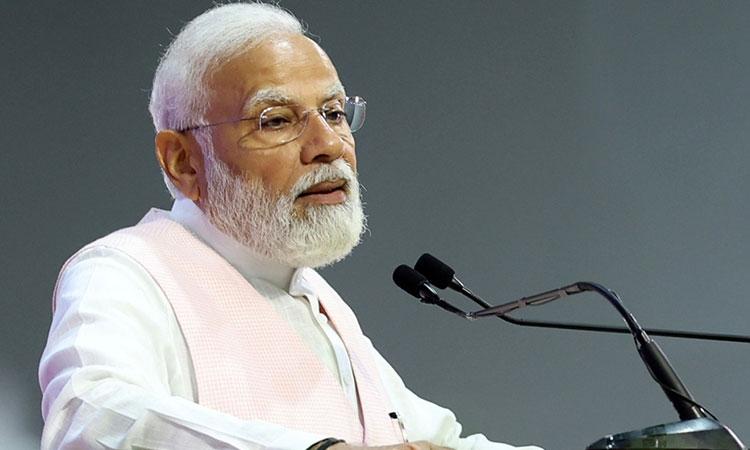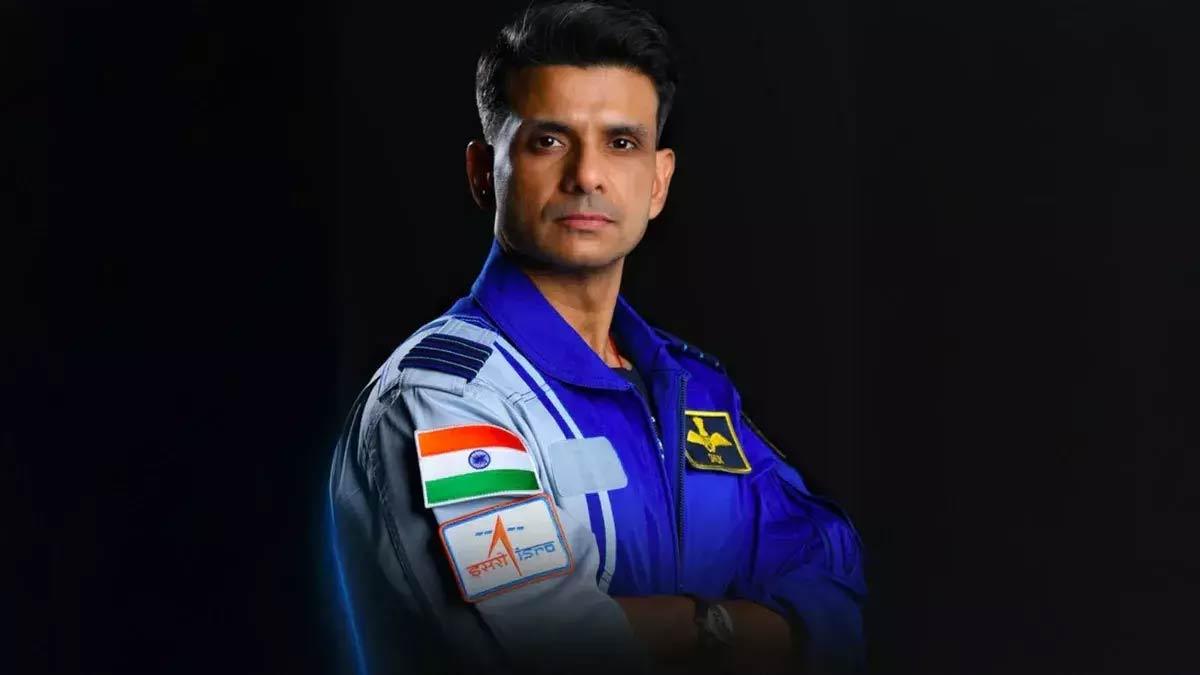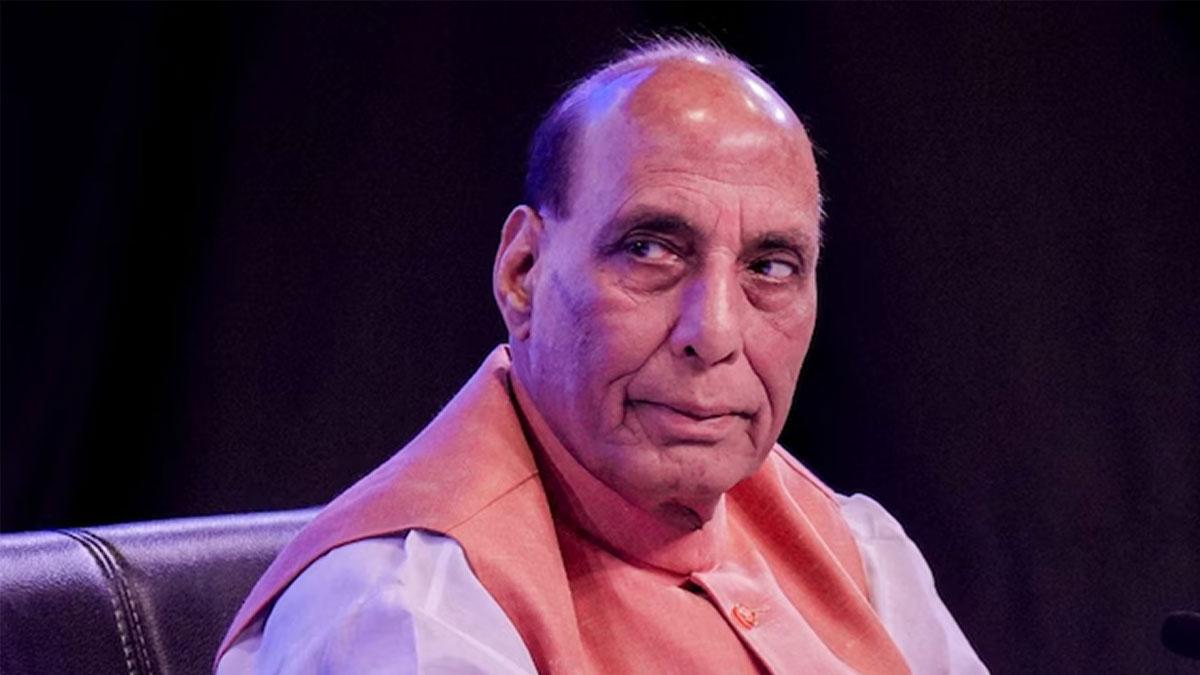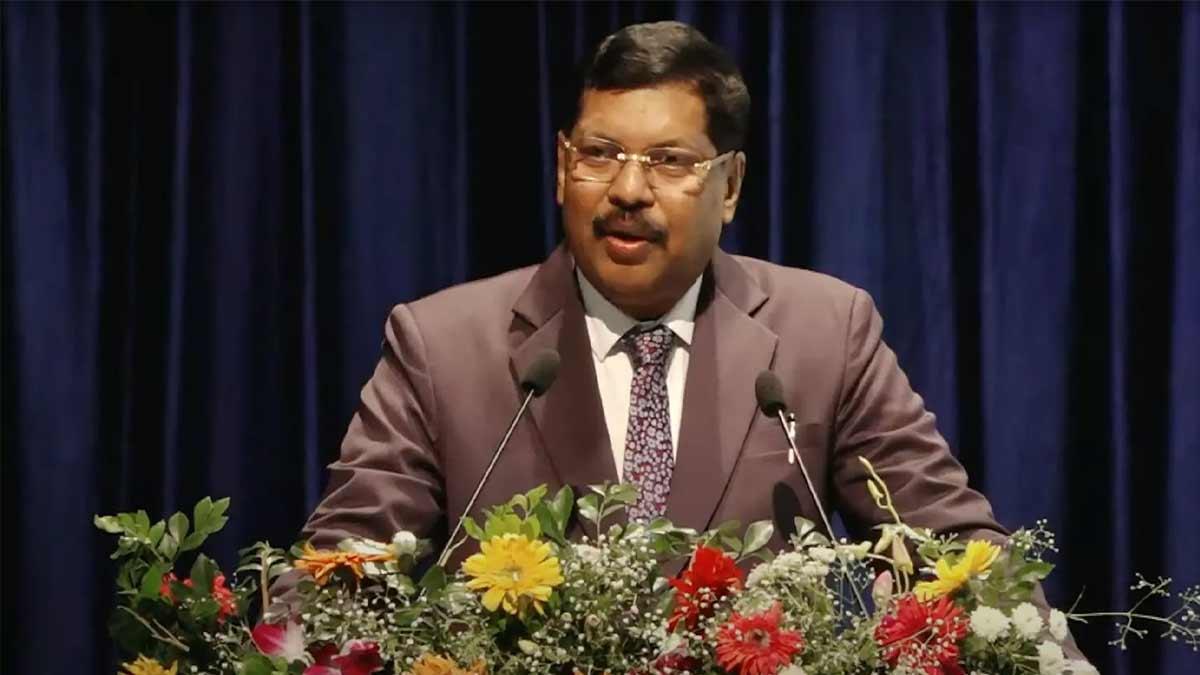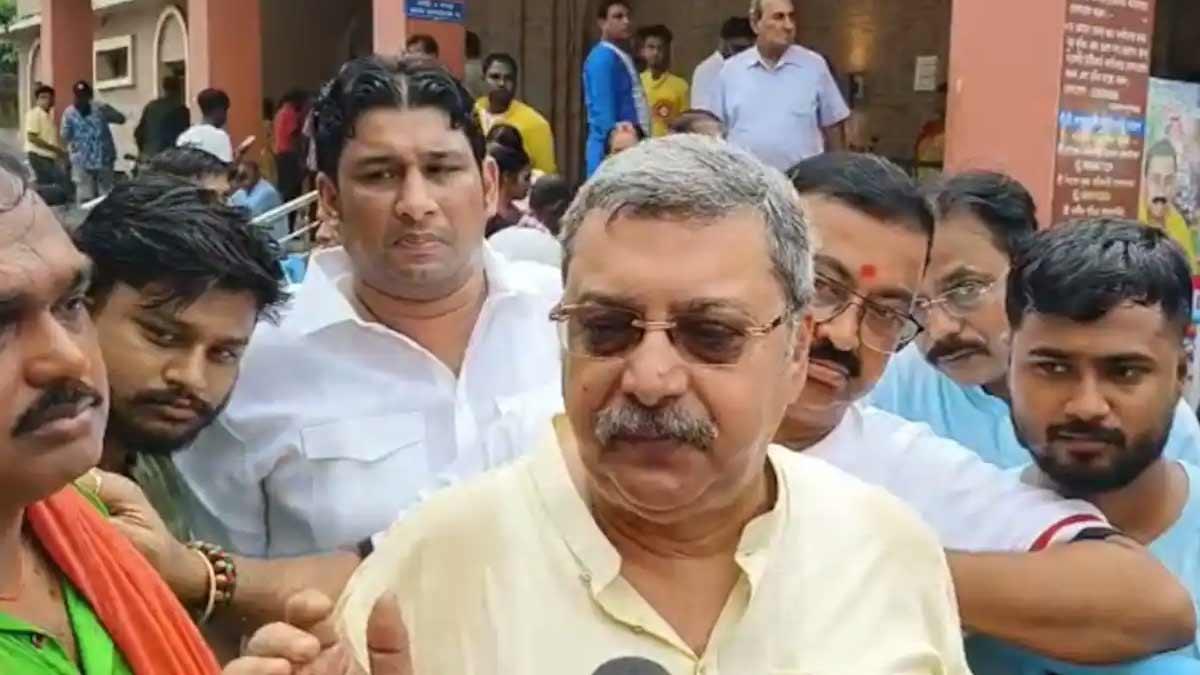With a view to mark the rise of India in global stature, it will be the fourth occasion that Prime Minister Narendra Modi will be participating in the Group 7 (G-7) summit as an invitee in Hiroshima, Japan.
Although the G7 is an informal group of advanced nations, the deliberations in forum's meet have global implications. The annual Group 7 summit officially kicks off on May 19 in Hiroshima, Japan.
The Group of 7 is going to meet at a crucial time when the sceptre of recession is looming large on the global economy and the central banks world over are struggling to keep the cost of living of their people by maintaining hawkish monetary policy and raising interest rates. The leaders would discuss international trade and security as the world grapples with an ongoing war in Ukraine and worries over US-China decoupling persist.
Leaders of the seven major industrial democracies - Canada, France, Germany, Italy, Japan, United Kingdom, and United States - will discuss the future of global relations and the world economy as it faces a number of uncertainties: growing geopolitical tensions, central banks' double-edged strategies to combat rising inflation including rising interest rate that led to decline in the assets held by some prominent bank which failed including Silicon Valley, Bank Credit Suisse and First Republic Bank, San Francisco and a US debt ceiling deadlock, all of which have a financially debilitating effects on the global economy.
Invitation of India in the summit of G-7 comes with other invitees including Australia, Brazil, Indonesia, South Korea, and Vietnam in the turbulent geo-political times to find a collective and consensual solution to the challenges like threat of global recession, Russia-Ukraine imbroglio and China's flexing of muscles to bully the Indo-Pacific countries to force ahead its aspirations to be a global power. The US thinks that these countries could play pivotal roles to in regional alliances as the rift between Washington and Beijing deepens.
While Russian offensive against Ukraine is increasing and the advanced nations are ensuring supply of war equipment and economic support to the latter, the former often signals that in the worst of the scenario, it would not dither from pushing the nuclear button, choosing Hiroshima as the venue for G-7 summit has a symbolic message that a nuclear war would be a historic disaster for the mankind and must be avoided. Japanese city Hiroshima was devastated by the first atomic bomb used as a weapon of war by the US in 1945, which killed hundreds of thousands of civilians during World War II.
The geopolitics of the day is in a flux. While the US and China battle for influence in a multipolar world amid concerns of their decoupling, Russia-Ukraine has jeopardised the global energy and food supply chains, the former posing challenge to the industrialised nations of the world and the latter troubling the developing countries which depend on food imports.
The Group of 7, which was born to discuss policies to deal with economic crises in the 1970s, grew as a platform over a period of time to discuss other pressing global challenges. In line with the main thrust of G7 as a global body G-7 finance leaders and central bankers finalised a three-day meeting in Niigata, Japan last week. They pledged to combat rising costs and ensure expectations on future price moves remain 'well-anchored'.
Expectations from the current G-7 summit are very high. US National Security Advisor Jake Sullivan said, "There'll be discussions about the state of play on sanctions and the steps that the G-7 will collectively commit to on enforcement." The steps will focus on "making sure that we are shutting down evasion networks, closing loopholes in the sanctions so that the impact is amplified and magnified in the in the months ahead."
Brookings Institute's director for East Asia policy studies Mireya Solis expressed her concern on deteriorating geopolitical relations and said, "If you think about what's happening in world politics... we're increasingly worried about the United States-China relationship veering into conflict... "These are superpowers on the nuclear issue - and therefore, I think that Hiroshima encapsulates a very poignant reminder of the need to address these issues and avoid a similar outcome."
The G-7 is an informal group of seven advanced economies of the world. Russia had joined the forum since 1998 and remained in the folds till 2014 and the G-7 group had been rechristened as G8. It was suspended following its annexation of Ukraine's Crimea region. India has become a regular invitee; during his two terms in office former Prime Minister Manmohan Singh attended five such summits, while Prime Minister Modi has so far been to three, including the latest in Germany.
Also read | Japan's Kishida doing final fine-tuning to invite Yoon to G-7 summit: Report

